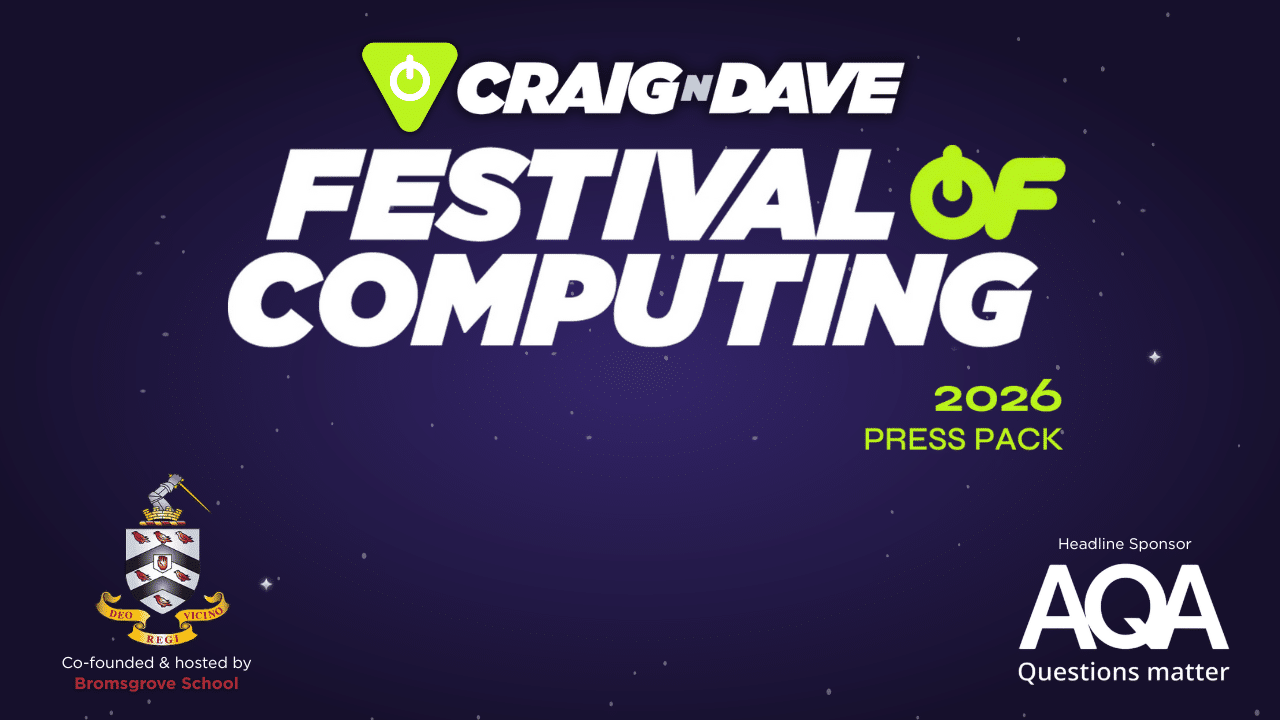
30 September 2024

Every day that a student uses Smart Revise it records their overall percentage progress on that day. Teachers can see patterns of use for individual students and whether they are on target.
On the new-look student course homepage students will immediately see a simplistic graph of where they have come from, where they are now and where they are heading, together with a green target cone. By selecting “Expand” students can see a more detailed daily breakdown and the impact of each revision session.
The light green target cone can be customised in three ways: the date when progress should begin, the minimum percentage completion by the date of the first exam, and an aspirational goal. These three factors create the target cone. Teachers can customise the values for the whole class or for individual students. If a student belongs to a class, they can see their targets but cannot change them. Students that are not in a class can set their own targets.
One possibility might be to set the percentages to match minimum and aspirational grades being aimed for using the published grade boundaries from examination bodies. For example, a minimum target grade 5 might be 50% with an aspiration of a grade 7 at 70%. The default values are a minimum of 50% and aspiration of 80%.
However, be mindful that although evidence has shown there is a strong correlation between exam success and use of Smart Revise, completion and accuracy does not necessarily equate to a particular exam grade.
Teachers can see all the flight paths for their class be selecting the course, class, analytics, flight paths. By selecting “Load full data” the daily breakdown for a student can be seen.
To set the target cone start date and end of course targets for the whole class, select Configure on the class list page and the flight path tab.
To set the target cone start date and end of course targets for an individual student, select Manage student on the class list.
For more hints and tips on computer science revision take a look at our wide range of resources available throughout our website.











